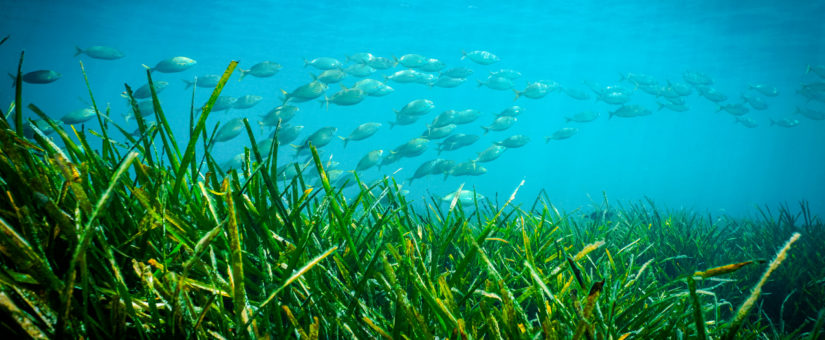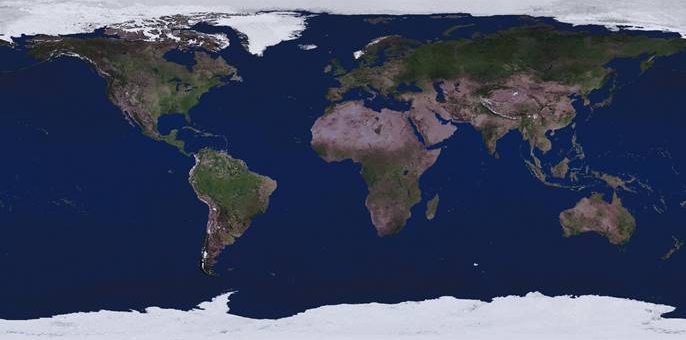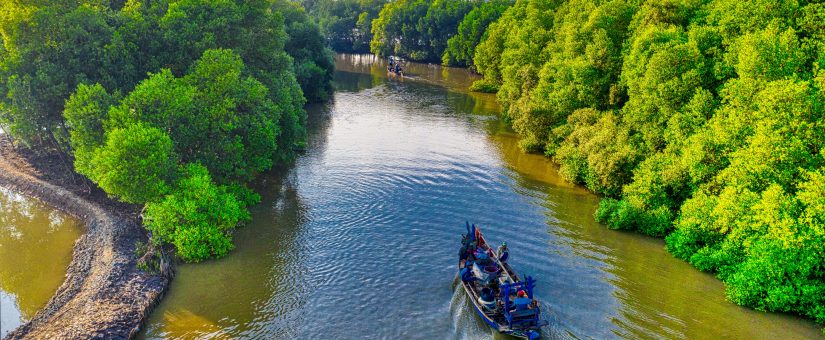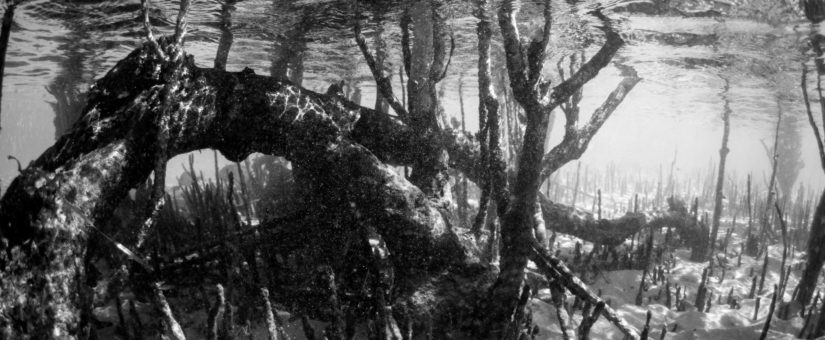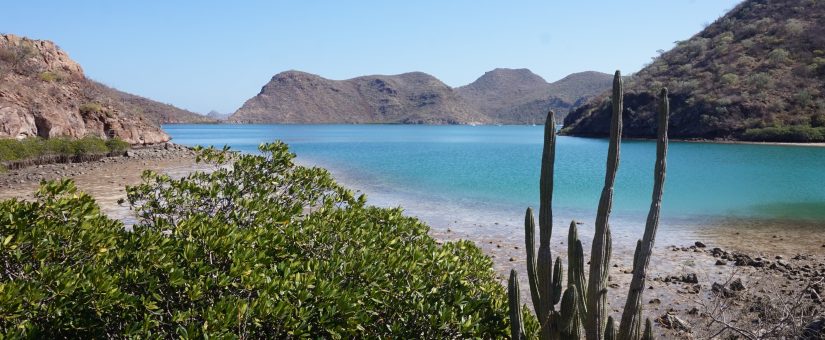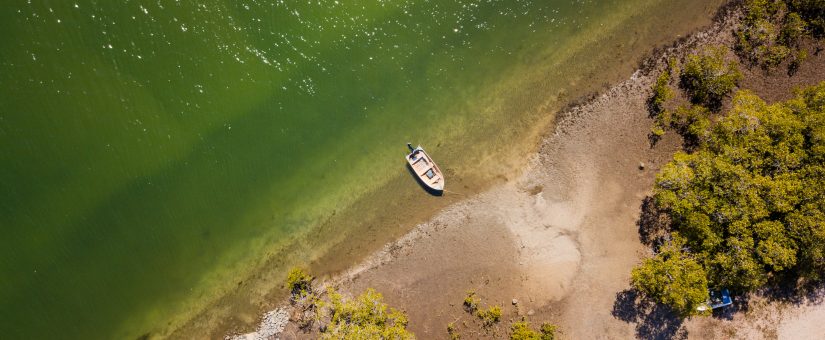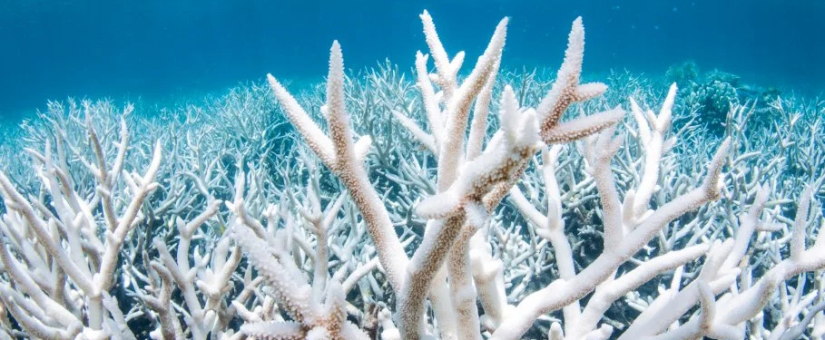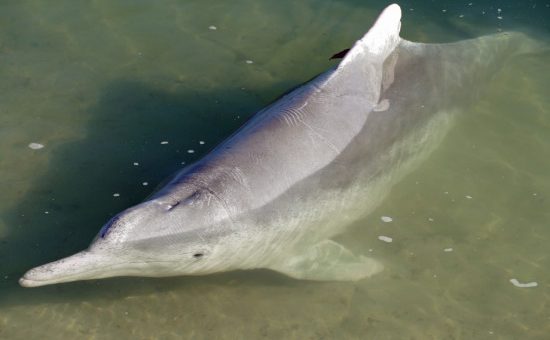Building a sustainable future for seagrass ecosystems
- Posted by Ellen Ditria
- On June 9, 2020
Seagrass ecosystems are among the most productive on the earth, providing a huge diversity of ecosystem functions and services that directly benefit humans. Despite this, seagrass habitats are usually overshadowed by some of the more charismatic ecosystems such as bright, colourful coral reefs. A report led by UNEP released on World Oceans Day has assembled […]
Read More


